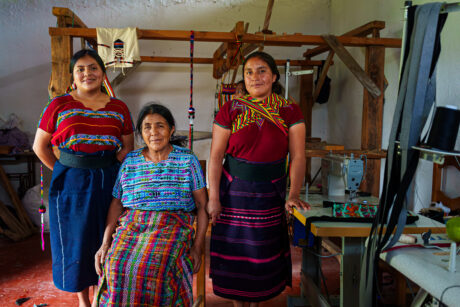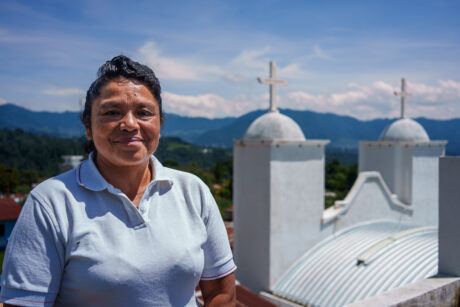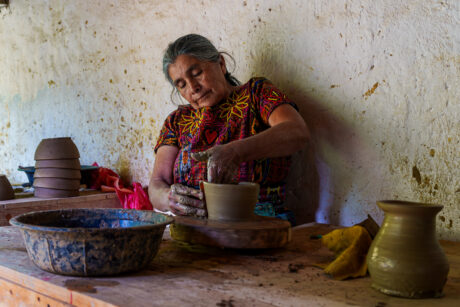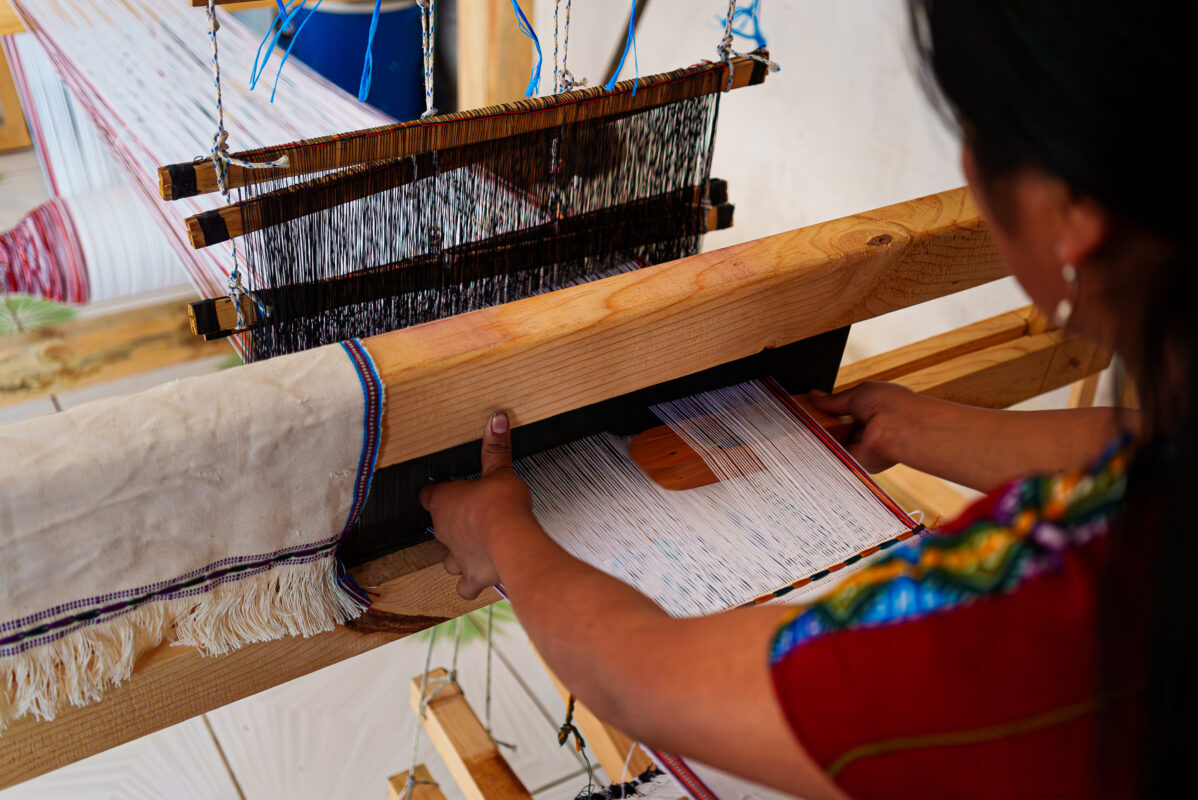Earlier this month, we joined experts from around the region and world at the Central American Donors Forum in Antigua, Guatemala, to discuss the most pressing issues facing Central America. This year’s theme was “transformational partnerships,” a timely and fitting focus.
Guatemala was added to USAID’s Democracy Delivers Initiative in September at an event during the United Nations General Assembly High-level Week. This initiative supports democratic “bright spots” so they can implement and expand their reform agendas and deliver on citizen priorities. The current Government of Guatemala, led by President Bernardo Arévalo, has shown a commitment to continuing its momentum of democratic gains.
The most effective way to seize this moment is precisely through transformational partnerships. Those partnerships are not limited to just Guatemala. Particularly in a region with so many shared challenges and priorities, it was clear during the conference that many solutions involve coming together across borders.
One of the recurring topics during the conference was the role of Indigenous communities in defending democracy. Indigenous groups in Guatemala were instrumental in ensuring a peaceful transition of power following the 2023 elections.
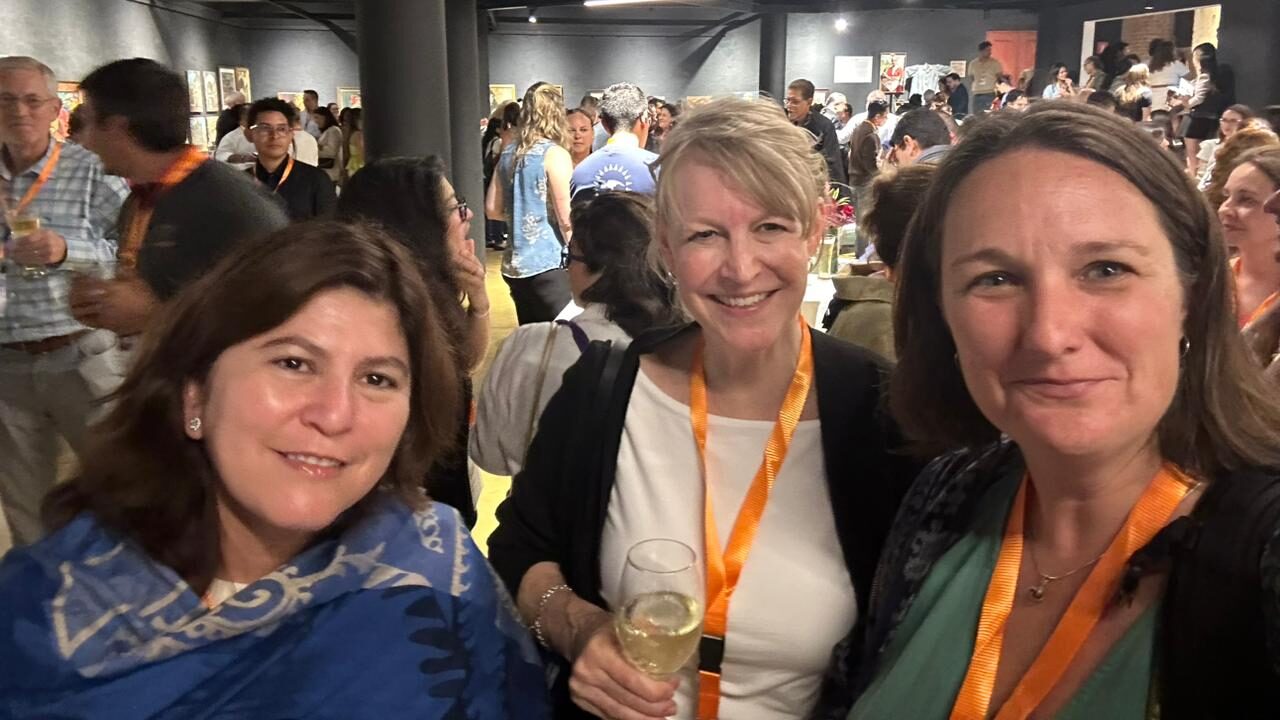
In her remarks, Feliciana Herrera, an Indigenous authority from the Ixil community in Nebaj, highlighted that there is a new democratic opportunity with the current government. Many echoed this sentiment, from U.S. Deputy Assistant Secretary Eric Jacobstein to Congresswoman Norma Torres.
It is also important to note that the role of Indigenous peoples in upholding democratic principles goes beyond Guatemala — we also heard from Honduran youth activists and Nicaraguan grassroots groups about the role of Indigenous communities in their countries.
At Creative, we are particularly proud of our work with Indigenous communities in Guatemala, where indigenous authorities are key partners in conflict resolution and rebuilding social cohesion. As part of a comprehensive approach to preventing and addressing violence against women and girls in predominantly Indigenous communities, we worked through trusted local partners to provide culturally relevant attention using traditional Mayan healing practices.
Another area of shared concern that came up in various sessions was the need to address endemic corruption in the region.
Combating corruption was a key campaign issue for President Arévalo and is a high priority for Guatemalan citizens. The Partnership for Central America and Transparency International launched an Anti-Corruption and Transparency Initiative for Central America. The initiative brings together the private sector and civil society from El Salvador, Guatemala and Honduras to focus on collective action in addressing corruption. The need for coordination between the northern Central American countries on corruption issues was also highlighted during a session on Civil Society and Independence from the State in Democratic Processes.
At Creative, we have seen results through multi-stakeholder collaboration, working with civil society, government and the private sector to address corruption as well as peacebuilding, violence prevention, service delivery challenges and other reforms. In Honduras, Creative supported conversations about how transparency, accountability and activism strengthen collaboration and trust within the community.
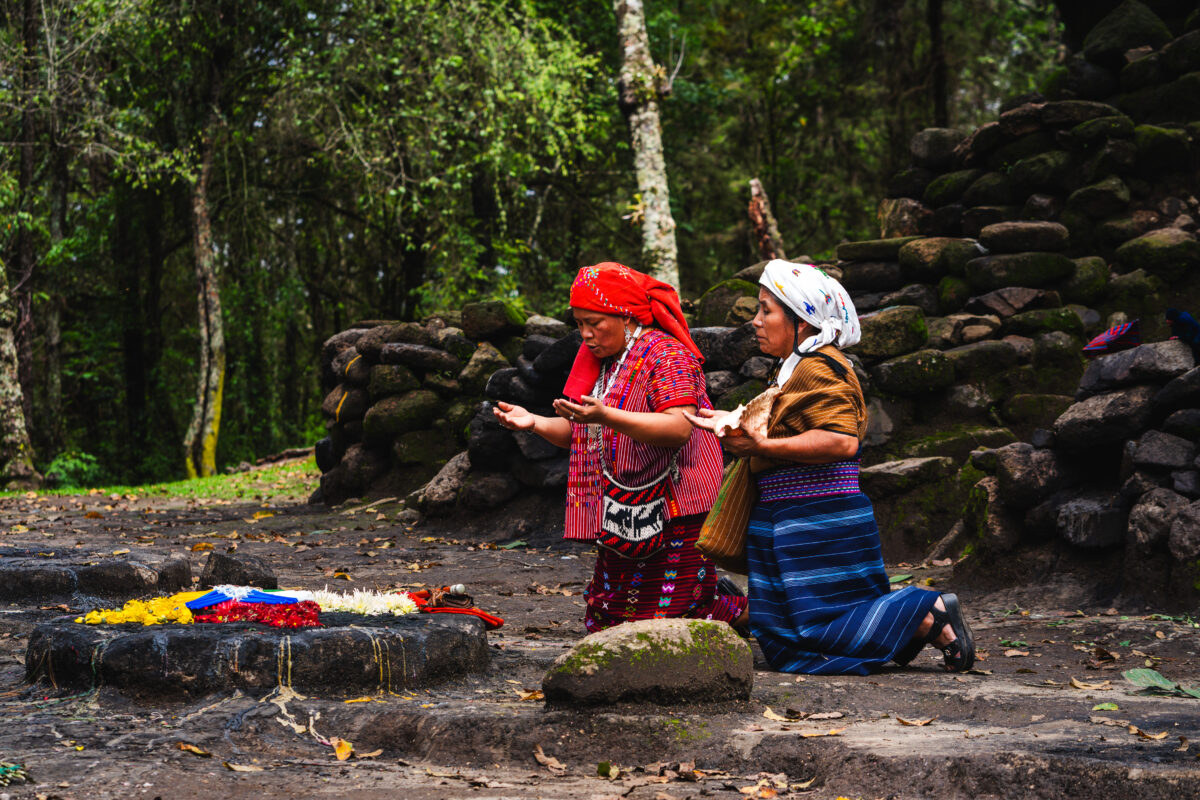
While there is much to be hopeful about, it is also important to recognize that judges, journalists and civil society leaders from across the region remain in exile or face persecution. Many keynote speakers and panelists recognized the need to work together to protect human rights advocates and defenders.
As President Arévalo said during the conference’s opening remarks, “You cannot have democracy without social justice.”
Closing civic space is a threat to democracy. So, when a democratic opening presents itself, as it currently is in Guatemala, it is critical to seize the moment and support those working daily to strengthen democracy in the region.
Sara Barker is a Senior Technical Advisor, and Cecilia Basso is Creative’s Director of Business Development.
